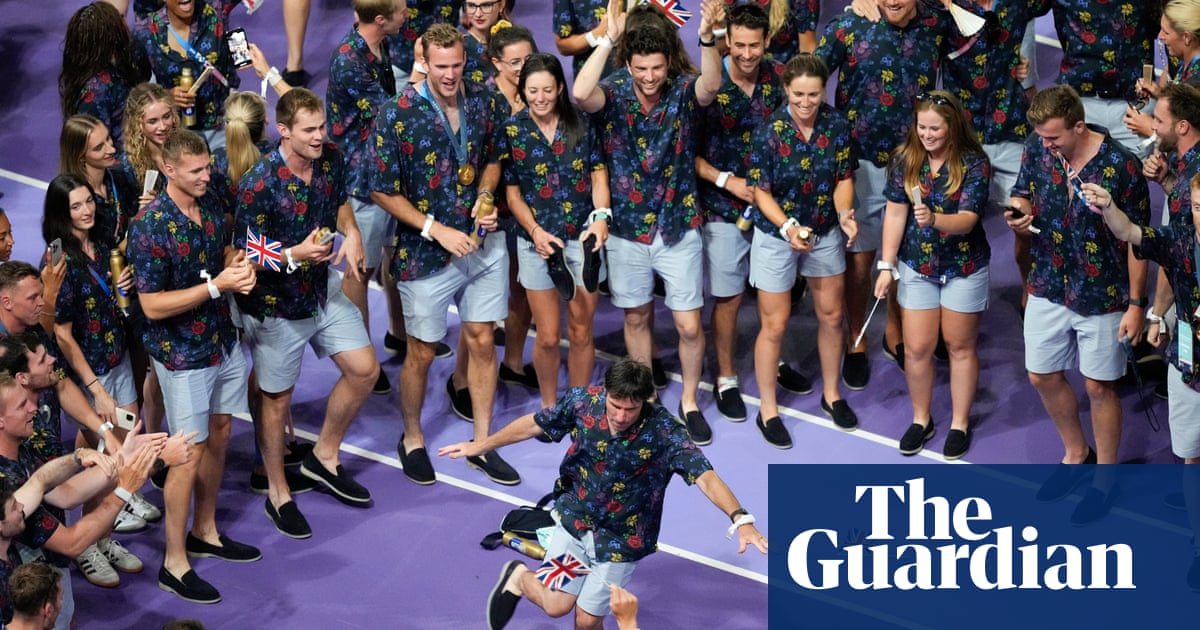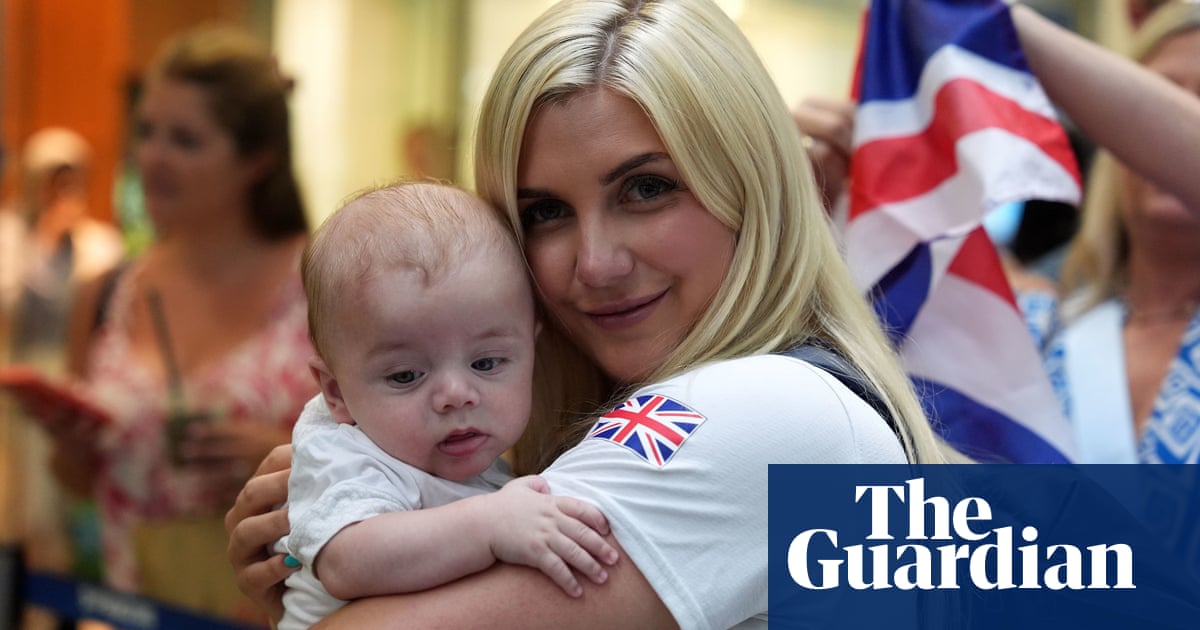Great Britain’s performance at the Paris Olympics was incredible and should be celebrated, despite slipping from fourth to seventh in the medal table in Tokyo. That was the optimistic message from Team GB as 16 extraordinary days of action came to an end on Sunday.
Although the British team only managed to win 14 gold medals in Paris – the lowest number since Athens 2004 – senior officials stressed that the total haul of 65 medals was only surpassed by the USA and China and should therefore be considered a success.
“We passed 1,000 Olympic medals at these Games, that was a huge moment, and 65 medals is our second best haul on foreign soil, so it’s an incredible cause for celebration,” said Andy Anson, chief executive of the British Olympic Association.
“In total, 131 of 327 athletes will come home with medals around their necks, that’s 40% of the team, so more medals than we had in Tokyo. And we have 18 sports represented in the medal table, which is great.”
However, officials acknowledged that a combination of near misses, bad luck and a low conversion rate of bronze and silver medals to gold contributed to the overall number of gold medals.
“Adam Peaty had Covid when he swam and there’s nothing you can do about that,” said Anson. “Kate French had to pull out of the modern pentathlon on Sunday morning because of stomach problems. There’s nothing we can do about that.”
“And what hurt me the most, because I love the sport, was when Katie Archibald tripped in the garden and broke three bones in her ankle. Katie is probably the best long-distance cyclist in the world and these things are part of it.”
UK Sport bosses also point out that the British team narrowly missed out on eight gold medals, including two in athletics by Josh Kerr in the men’s 1500m and Matt Hudson-Smith in the men’s 400m.
“We usually see 30% of medals converted to gold, but we haven’t seen that here,” said UK Sport chair Katherine Grainger.
“We’ll all be reviewing for a while what worked really well and what didn’t work so well. Where did we miss some of the conversions? Where are there positive surprises? But I feel very comfortable sitting here and looking at what the team has done.”
Mark England, the British team’s chef de mission, had insisted last October that “the wheels would have to fall off to avoid finishing in the top five.” But Anson insisted that those wheels did not fall off in Paris.
“I think it’s hard to even have those feelings,” he said.
“We won 65 medals, as many as in London. But it’s about constantly working on the details and finding out what you can do better to move forward. But there’s so much going right when you win in 18 different sports. And we have to celebrate that.”
“It’s been a long time since we won on the first day and since then we’ve won a medal every day of the Olympic Games.”
Athletics was one of Britain’s greatest successes, with a total of ten medals – the best performance since the 1984 Los Angeles Games. But the rowing team, which won eight medals, and the cycling team, with eight medals on the track, were not far behind.
The performances in canoeing, diving and triathlon were also good, but sailing, boxing, taekwondo and modern pentathlon fell short of expectations.
“The first medal in women’s diving since 1960 by Yasmin Harper and Scarlett Mew Jensen contributed to a record-breaking Games for our divers,” said Grainger.
“And it was fitting to conclude Saturday’s aquatics programme with the extraordinary first medal in synchronised swimming for Isabelle Thorpe and Kate Shortman.
“And some of our most established programs delivered once again. Cycling, athletics, equestrian and after a tough Tokyo, the British rowers were back in phenomenal form here in Paris.
“Experienced athletes returning to the Olympics have won medals, including Alex Yee, Adam Peaty, Bryony Page, Joe Clarke and Helen Glover, as well as exceptional new talents such as Toby Roberts, Ellie Aldridge and Emma Finucane.”
UK Sport also stresses that the £315 million of government and lottery funding it has invested in 53 Olympic and Paralympic sports, plus a further £70 million paid directly to 1,100 athletes in the form of awards for their respective performances, represents excellent value for money.
The team spirit in Paris was excellent, as demonstrated when the BOA offered all British athletes going home a ride back to the closing ceremony on the Eurostar. 230 of the 327 athletes accepted this offer.



